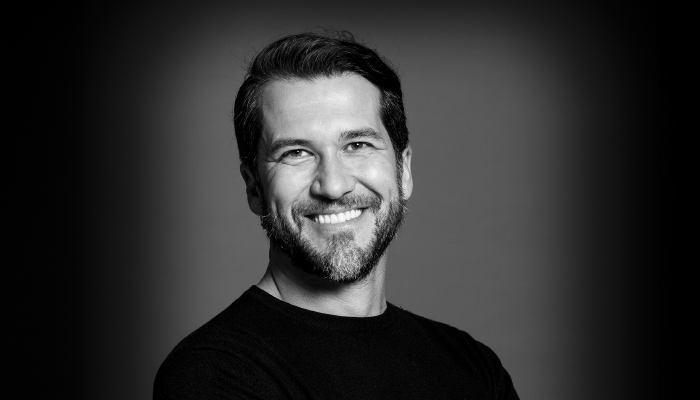
Andres Benatti
In this latest installment of our SOS series, cornea and refractive surgeon and LASIK specialist, Andres Benatti, discusses how the architecture of a clinic can play a huge part in achieving sustainable goals, as well as the financial benefits of prioritizing sustainability in your practice.
How are you working towards sustainability in ophthalmology?
The team at our clinic has been committed to sustainability since opening our new center in the city of Córdoba, Argentina. We have created a building where sustainability is an integral part of its structure. We produce almost 30 percent of our energy from solar panels. And our home automation system lets us turn lights on or off with a simple voice command and avoid wasting energy. In addition, the design of the clinic is focused on the efficient use of natural light and the clinic has a water mirror at the front, which allows for better maintenance of the temperature inside the building. We also have a program to save paper consumption.
What are the most urgent sustainability priorities and challenges in the field?
The primary challenge we face in ophthalmology is simply to start and take that first step! I believe that most of our colleagues face five fundamental fears when considering converting their ophthalmology practice into a sustainable one: 1) It doesn’t pertain to my business. 2) I have to overhaul the entire operation. 3) It requires too much effort. 4) The timing isn't right in my country. 5) I don't see an economic benefit. Therefore, it’s crucial to spread sustainability measures that are accessible to everyone, from sole ophthalmologists to large ophthalmology centers.
Sustainability is a hot topic at events and meetings. But how genuinely is ophthalmology invested in it?
One of the main issues I see is that there are many proposals and ideas, and there appears to be willingness to implement sustainability, but there are few concrete actions from ophthalmologists. One of the reasons is probably the erroneous way the message is communicated. I think societies, organizations, and events should convey that contributions to sustainability can range from paper-saving programs to installing a single solar panel.
An ophthalmologist can contribute in the smallest ways – using eco-friendly water cups in the waiting room, designing spaces with large windows to maximize natural light, or even installing automation and sensors to reduce energy consumption in areas without movement. These small actions, multiplied by thousands, will have a greater impact than larger actions performed in isolation.
Is it realistic to achieve truly global buy-in to the sustainability mindset?
I think we need to demonstrate the short, medium, and long-term benefits that starting on the path of sustainability will bring. Do ophthalmologists know, for example, that 78 percent of Millennials and Gen Z-ers would pay more for services that prioritize sustainability? Or that, conversely, 48 percent of these same generations – who will soon be our patients – would abandon a service if it didn’t share the sustainability values they advocate? Sustainability is not a word that should scare us.
Andrés Benatti is a renowned cornea and refractive surgeon based in Córdoba, Argentina. He is Associate Director of Clínica de Ojos Córdoba, CEO of DrySPA, the first Ocular Spa group in Latam, and Co-Founder of Oftalmo University, a pioneering platform offering educational content for ophthalmologists.
